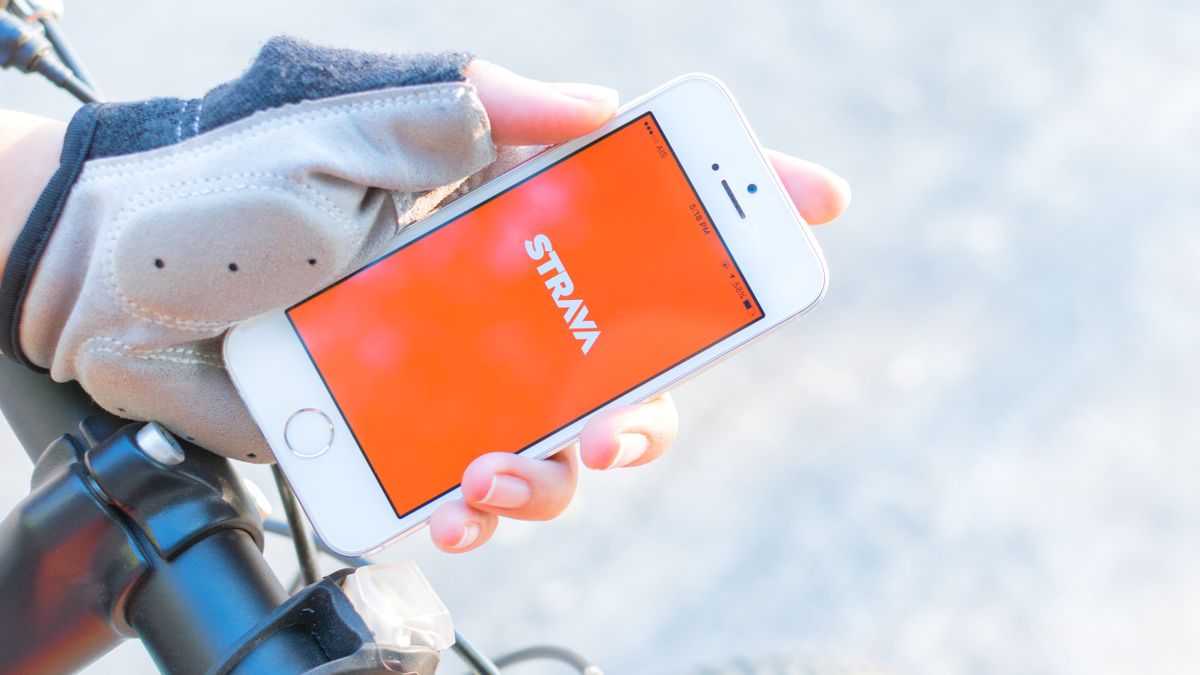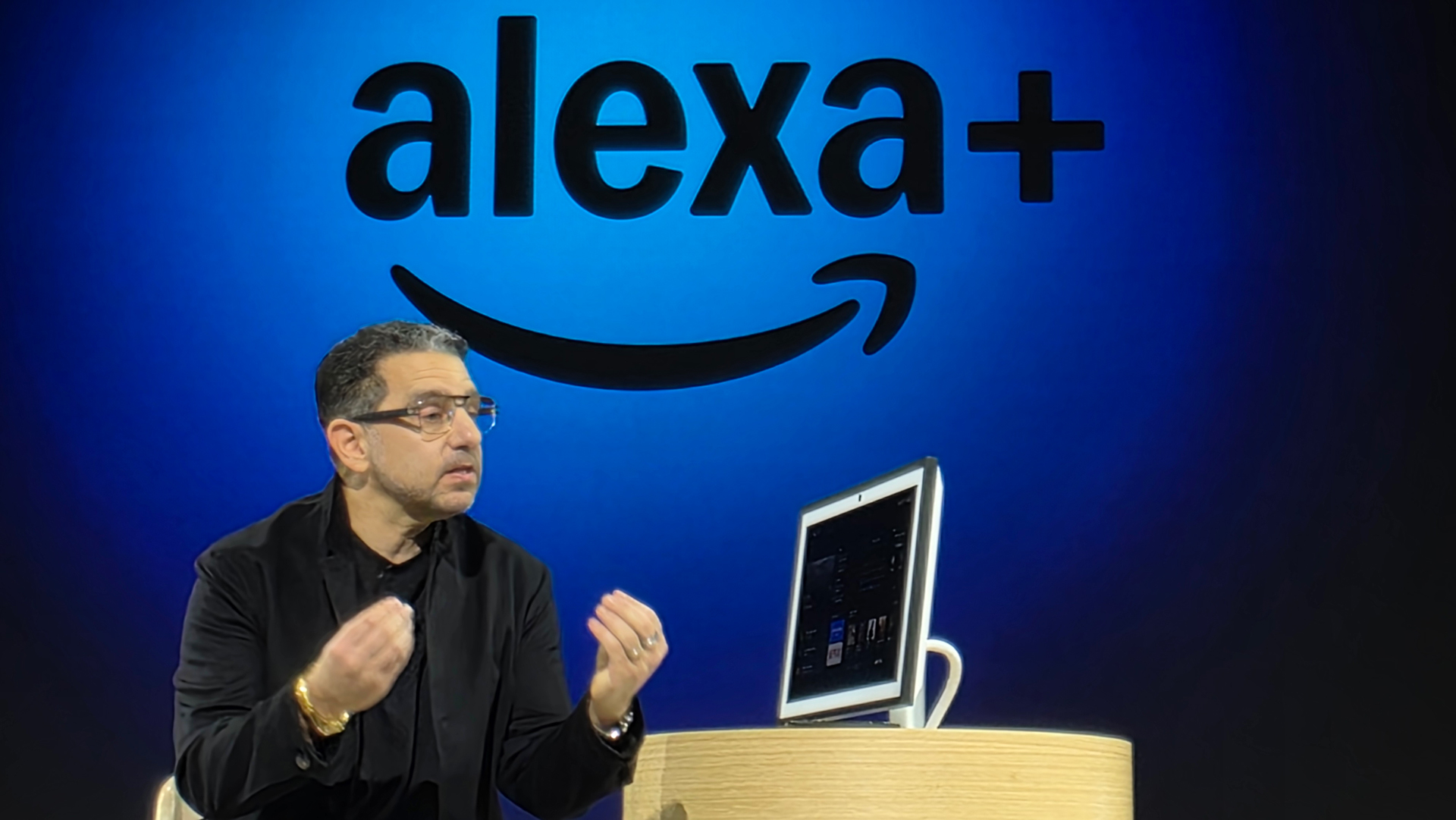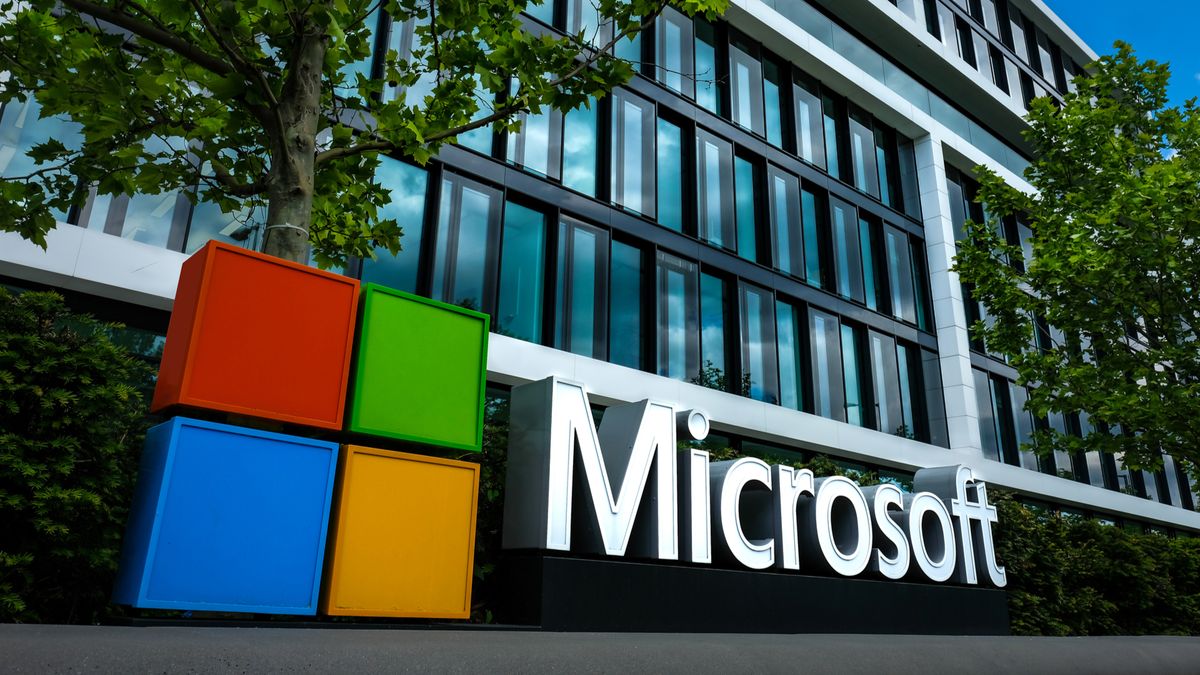An increase in the 50% rate could unlock more than $ 150 million in additional mobile network investment and expand 94% 4G coverage, which covers 9 million new consumers
January 29, 2025, Abuja: The Nigeria Communications Commission (NCC) has approved a 50% tariff increase for mobile network operators, marking a crucial moment in the digital transformation of Nigeria. This decision, the first tariff adjustment in 12 years, unlocks a substantial investment in telecommunications infrastructure, increasing 94% of the population and allowing mobile internet access for 9 million additional people, with 2 million people in unattended areas.
The GSMA, a global defender of sustainable policies reforms in the telecommunications sector, welcomes this decision as a great step forward for consumers and the economy. By allowing mobile operators to invest in the expansion and update of their networks, the increase in the rate will link the digital division and promote innovation in the key sectors, including medical care, education and agriculture.
Angela Wamola, Chief Sub -Saharan Africa in GSMAcommented on development: “This decision of the NCC is an important milestone for the digital future of Nigeria. By enabling sustainable investment, we are improving the quality of the service for consumers and promoting opportunities for innovation and economic growth. However, to completely unlock the potential of this reform, it is essential to implement additional measures, such as simplifying passage rights permits, implementing a critical national infrastructure plan and reducing the tax burden of the mobile sector. These steps will be essential to accelerate digital adoption between the sectors. It is estimated that greater digitalization in agriculture, manufacturing, transport, trade and government will increase GDP by around two percentage points by 2028. This would also create almost 2 million jobs and raise an additional NNG of 1.6 billion fiscal income “.
Expected coverage and mobile internet adoption
It is expected that the increase in the rate will unlock more than $ 150 million in additional investments, expanding the coverage of the 4G network of the baseline from 90% to 94% of the population. This improvement will benefit around 9 million people, and almost 2 million is expected to obtain access to mobile internet services based on current adoption levels in rural areas, according to GSMA Intelligence.
This milestone reflects the successful association between the Nigerian government, the stakeholders of the industry and the GSMA, which demonstrates how collaborative policy reforms can promote economic development and digital inclusion. By advocating the policies that balance affordability with the need for a sustained investment in infrastructure, the GSMA has played a fundamental role in ensuring that the benefits of mobile connectivity are accessible to all Nigerians.
The improved network coverage will allow transforming access to digital services, including online education, telemedicine, electronic commerce and mobile financial tools. In addition, the investment will promote the adoption of next -generation technologies, such as artificial intelligence (AI) and the Internet of Things (IoT), which are essential to advance innovation in sectors such as precision agriculture, connected transport and Intelligent medical care. By promoting the adoption of these technologies, Nigeria is positioning itself as leader in the digital economy of Africa.
A call to more policy reforms
While the increase in the rate is a significant step forward, the GSMA requires more political actions to amplify its impact. These priorities, described in the recent GSMA report. The role of mobile technology to boost the digital economy in Nigeriainclude:
- Allow the rationalization of the right of passage (row): Simplify and standardize the process to accelerate infrastructure implementation.
- Implementation of critical national infrastructure legislation (CNI): Safeguard essential telecommunications assets to guarantee resilience and reliability.
- Reduction of fiscal load in the mobile sector: Address high taxes to encourage greater infrastructure investment.
These recommendations are based on successes in other markets in sub -Saharan Africa, such as Kenya and South Africa, where similar policies reforms have proven effective in promoting digital inclusion and promoting economic growth.
The GSMA remains committed to supporting the government, regulators and industry interested parties to implement these measures.
-Ess-
About GSMA
GSMA is a global organization that unifies the mobile ecosystem to discover, develop and offer fundamental innovation to positive business environments and social change. Our vision is to unlock all the power of connectivity so that people, industry and society prosper. Representing mobile operators and organizations throughout the mobile ecosystem and adjacent industries, the GSMA offers its members in three broad pillars: connectivity for good, services and solutions of the industry, and scope. This activity includes the progress policy, addressing today's greatest social challenges, propping up the technology and interoperability that make mobile work and providing the world's largest platform to convene the mobile ecosystem in the series of MWC and M360 events .
We invite you to get more information at Gsma.com
Media contacts
GSMA Press Office
[email protected]









